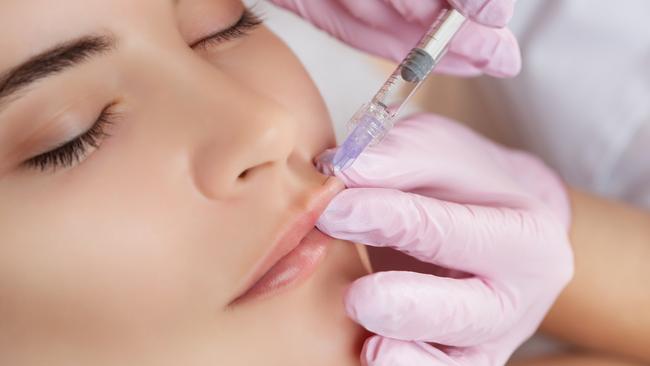
Analysts are betting that Wesfarmers will come forward with a higher offer to trump EC Healthcare in its quest to buy Silk Laser Clinics, even though the Perth-based conglomerate is known to be highly disciplined when it comes to price.
Silk Laser has strong synergies for Wesfarmers with its Australian Pharmaceutical Industries pharmacy business.
API also operates in the skin treatments and injectables space through its 90-plus Clear Skincare clinics across Australia and New Zealand. It also controls 470 Priceline Pharmacy stores, 975 Soul Pattinson Chemists and manufactures personal care products through its consumer brands operation.
The skin treatment and injectables market is challenging. Silk rival Laser Clinics Australia has faced friction with its franchisees which accuse it of price gouging, prompting owner Kohlberg Kravis Roberts to buy out some of the practices.
But analysts believe that Silk has been successful.
Despite higher interest rates weighing on consumers, they describe laser treatments and injectables as a defensive discretionary, one of the last things cut from a household budget in a downturn.
Wesfarmers has strong synergies from owning the Martin Perelman-founded Silk Laser Clinics. Silk is one of Australia’s largest specialist networks, with 142 clinics across Australia and New Zealand. They offer laser hair removal, cosmetic injectables, skincare services, body contouring and fat reduction services, and own-brand skincare products.
Wesfarmers managing director Rob Scott and Ed Bostock, the former KKR Australia head and chief financial officer of the Wesfarmers health unit, are known to be shrewd operators.
But consolidating the space gradually or growing organically will be expensive for Wesfarmers, which has strong incentives to expand.
Wesfarmers is trying to build an ecosystem in its recently formed healthcare unit and Silk would provide the customer data it is looking for to boost earnings at online retailer Catch and the pharmacy side of API.
IBISWorld’s research on plastic surgery points to increasing social acceptance, particularly among women over 35 who are most likely to undergo anti-ageing procedures and non-surgical treatments such as botox injections.
Obesity levels have remained high in Australia, driving strong demand for weight loss procedures such as liposuction.
Performance was dragged down by the pandemic and a growing cosmetic tourism sector, with Australians travelling overseas to countries such as Thailand for plastic surgery.
Consumers are also buying in-home cosmetic technology, such as laser hair removal machines.
But the report says the industry is forecast to expand over the next five years, supported by Australia’s ageing population, although the operating environment is expected to remain under regulatory scrutiny, with tighter controls likely to be put in place.
Industry revenue is forecast to increase at an annualised 1.6 per cent over the five years through 2027 to 2028 to reach $1.3bn.
The Hong Kong-listed EC Healthcare’s bid was $3.35 per share or $178m and was outed on May 23.
EC Healthcare is Hong Kong’s largest non-hospital medical service provider, with aspirations to grow its beauty treatments group in the region beyond China and Hong Kong.
Wesfarmers had in April offered $3.15 per share and had been carrying out exclusive due diligence after the company recommended its proposal.
Silk Laser’s shares closed on Friday at $3.41.




To join the conversation, please log in. Don't have an account? Register
Join the conversation, you are commenting as Logout